STOP GUESSING ABOUT YOUR GAME-WRITING CAREER
The Game Writing Industry Insider's Guide to Breaking In (and Thriving) When Everything Feels Impossible

The game writing landscape right now feels absolutely nuts. Layoffs. Employment data that makes no sense. "Entry-level" roles requiring 3+ years experience. Job posts that contradict each other. Even working writers unsure about their next move. Studios being pickier than ever.
You're not imagining it - figuring out your path forward really is harder than it used to be.
But here's what the headlines aren't telling you: the opportunities are still there. They're just hidden from view.
After working on over 25 titles across every major game genre - and contributing to Game of the Year projects - I know what studios are actually looking for. I've worked with studio heads, narrative directors, and recruiters to find out what writers need to know now.
This masterclass is your inside track and your secret weapon. If you're serious about writing for games, this is the course for you.

DOES THIS SOUND FAMILIAR?
IF YOU'RE AN ASPIRING GAME WRITER...
You're exhausted. You've been grinding for weeks—maybe longer—scouring job boards, taking writing tests, submitting applications. You're doing everything "right," but you're not getting anywhere.
The worst part? You're starting to wonder if you're just not cut out for this. Every rejection feels personal. Every "entry-level" role asking for 3+ years of experience makes you question if you'll ever break in.
You watch other people land jobs and think, "What do they know that I don't?" The answer feels like it's locked away somewhere you can't access.
Your dream of writing for games feels further away than ever. Some days, you wonder if you should just give up.
IF YOU'RE A WORKING GAME WRITER...
You got the job—congratulations! But now you're drowning.
You're supposed to be the story expert, but you feel like you're making it up as you go. Design wants one thing, art wants another, and you're caught in the middle trying to hold everything together. You're afraid someone's going to figure out you don't actually know what you're doing.
Your confidence is shot. You second-guess every decision. You wonder how long you can keep this up before they realize they made a mistake hiring you.
HERE'S WHAT BOTH OF YOU ARE FACING:
The rules have changed. The advice that worked in 2019 doesn't work anymore. The traditional paths are broken, but nobody's telling you what the new paths look like.
You're not failing. The system is.
But there's another way—one the industry doesn't talk about publicly.

HERE'S WHAT'S HAPPENING BEHIND THE SCENES:
Between 40-75% of jobs in ANY industry - including the games industry - are never posted publicly. Studios don't start by advertising—instead, they ask colleagues, "Do you know anybody who can do this?" When they have openings, they ask around for likely candidates. They reach out directly to writers they know. They put the word out to their friends.
While everyone else is fishing in the wrong pond (public job boards), the real opportunities are showing up in groups of people who already know and trust each other.
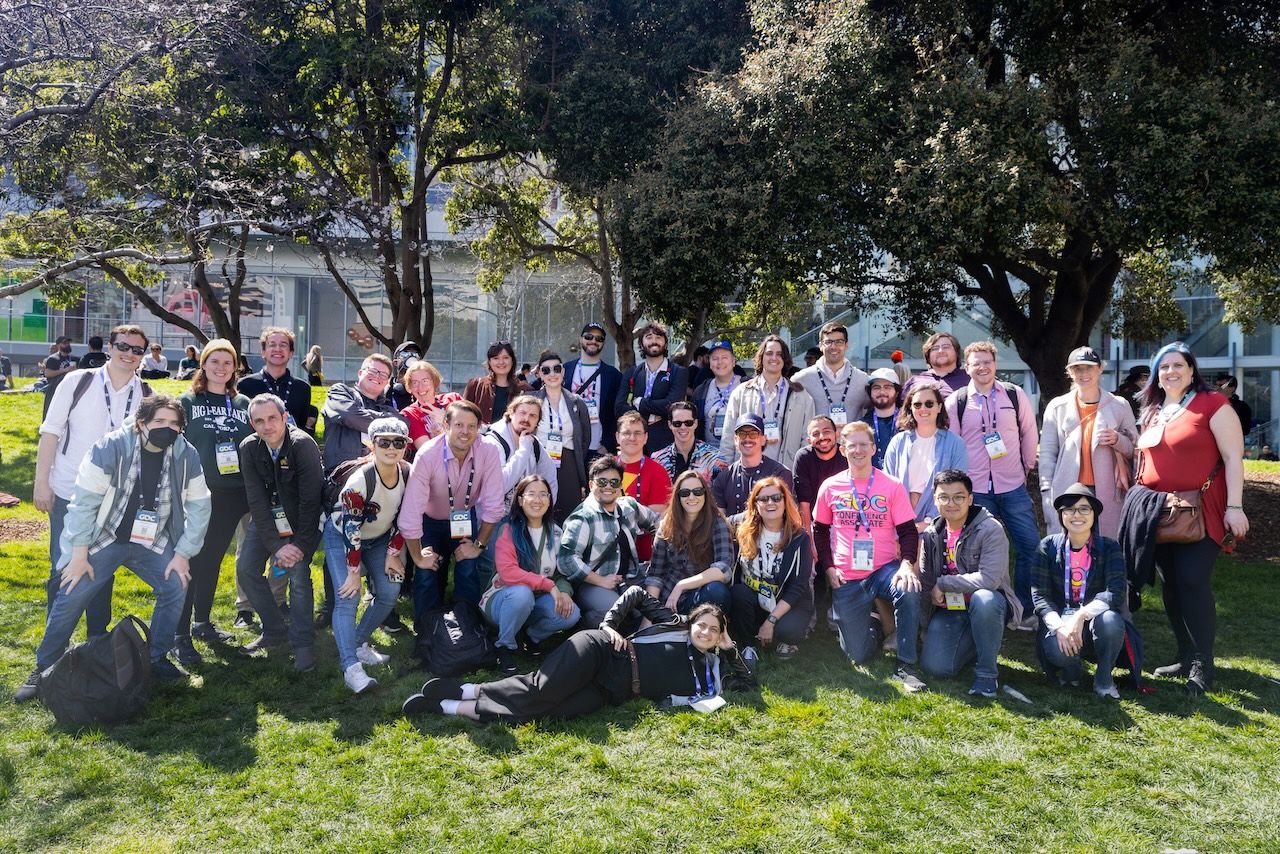
AND YOU CAN BE PART OF THESE GROUPS
You don’t need to be best friends with every studio CEO. This “hidden job market” includes entry-level game writers, people who left a studio but stay in touch, people on fan sites and Discord servers…people at every level of the industry.
The studios that ARE hiring right now aren't looking for perfect candidates. They're looking for writers who understand the fundamentals, who can collaborate across disciplines, and who speak the language of game development.
Most importantly, they're looking for people who get it: game writing isn't like any other kind of writing. The strategies that work for screenwriters or novelists can actually backfire in games.
I learned this the hard way. I spent years making expensive mistakes, struggling to fit square pegs into round holes, before I figured out what actually works. You don't have to repeat those mistakes.
What if you could skip the trial-and-error phase entirely? What if you could walk into your next interview—or your current studio—with the confidence that comes from deeply understanding how all this works?
That's exactly what The Narrative Department's Game Writing Masterclass can give you.
PICTURE YOURSELF SIX MONTHS FROM NOW:
You're in a meeting with your narrative director. They're walking through the latest build, and you're not just nodding along—you're building on their ideas and offering new ones. You understand the constraints the team is working with. You speak their language.
When they ask, "How would you handle the player onboarding for this?" you don't panic. You have answers. You belong in this conversation.
OR MAYBE YOU'RE ALREADY WORKING IN GAMES, BUT NOW:
Design comes to you with a last-minute change. In the past, that would have sent you spiraling. Now, you take a breath and think through your options. You know exactly which storytelling principles are non-negotiable and which ones are flexible. You handle it with confidence.
Your teammates stop seeing you as "the writer who doesn't get how games work" and start seeing you as the narrative expert who makes everyone's job easier.


Here's what happens when you understand how game writing really works:
✓You walk into interviews with clear examples of how you would approach narrative problems—no more fumbling for answers
✓ You can talk shop with designers and producers about story constraints and core loops
✓Your portfolio shows you understand how story serves gameplay—not the other way around
✓ You know where game writers actually find work (hint: it's usually not job boards)
✓ Most importantly: You stop second-guessing yourself and start trusting your instincts
That's not wishful thinking. That's what happens when you learn from professional game writers.

NOW ENROLLING
THE NARRATIVE DEPARTMENT'S GAME WRITING MASTERCLASS
The fastest way to go from guessing to knowing. From outsider to insider. From hoping to belonging.
This isn't another generic writing course. This is professional training with someone who's been in the game-writing trenches for over 20 years - and who knows exactly what studios are looking for right now.
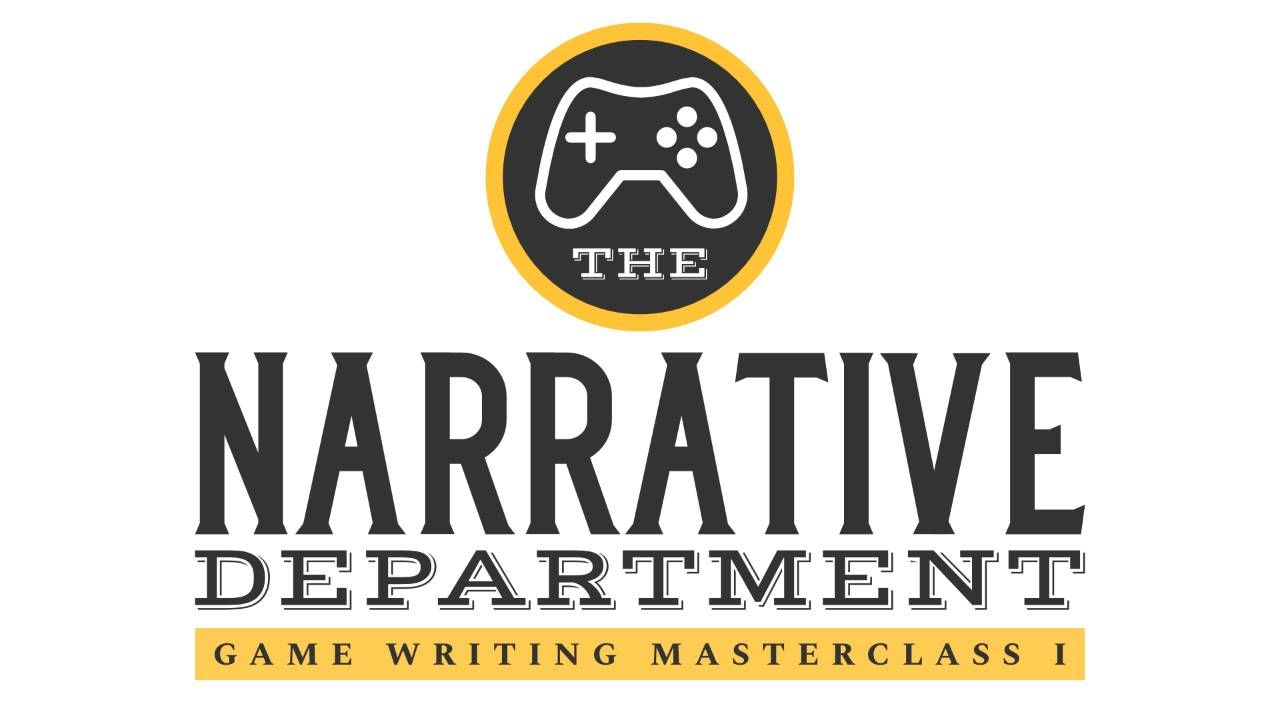
You'll learn the frameworks that working writers use every day - the same systems I developed while writing for BioShock, Far Cry, and Tomb Raider, along with the latest strategies I share with studios so that they can ship great games with great stories.
More importantly, you'll join the community that changes everything. Our alumni now work at Blizzard, Bungie, EA, Firaxis, Pardox Interactive, Wizards of the Coast, and dozens of other studios. Not because they got lucky - it's because they got the training they needed to kick ass.
When you finish this course, you won't just have stronger writing skills. You'll have insider knowledge about the industry, along with deep confidence in yourself and a group of fellow writers who will champion your success for years to come.

Student Success Stories
"I was hired right out of the class into my first job at a larger studio."
"I feel like the masterclass was a key part of that and I'm just so grateful for the class, for Susan and her TAs, and for just the remarkable network that I've been able to build through this class."
"'My confidence just really skyrocketed."
"I came out of the course with this more profound understanding of myself, of what I want to do, and of what I already can do. I needed the confidence within myself to write again, to feel that my writing was even worthy in the first place."
"[I learned] what my bad habits were and I didn't know they were bad habits at the time."
"If you're a veteran and you want to give your skills an overhaul, if you want to just do a check to see what habits you can improve upon, this is the place to do it without judgment."
Want more?
Watch 25+ video stories from TND alumni working at studios both big and small - from Blizzard and Disney to cutting-edge indies.
Our Alumni Are Now Working At:
- Bad Robot Games
- Blizzard
- Bungie
- Crimson Herring
- Crystal Dynamics
- Deck Nine
- Deviation Games
- Disney
- EA
- Firaxis
- Jam City
- Kluge Interactive
- Massive Games
- Monumental
- NetEase
- Paradox Interactive
- Spooky Doorway
- System Era Softworks
- Tencent
- Undead Labs
- Wizards of the Coast
- ZeniMax
This isn't luck. This is what happens when you get the professional training that sets you apart.
What You'll Learn
- The "magic wand solution" to building stories for games - the single most important framework that changes everything about how you approach game narrative (this is our most popular lesson for a reason)
- How to bring story and gameplay together - three proven strategies that working writers use to create seamless narrative experiences, not stories that fight against the game
- The counterintuitive "Don't Show, Don't Tell" method - why traditional storytelling advice can backfire in games, and what actually works instead
- How to write for your most important collaborator: the player - understand what makes characters compelling to players (hint: it's not what you think)
- The professional language that gets you taken seriously - speak like an insider from day one, so designers and producers know you "get it"
- What kind of career you REALLY want - every week you'll complete a different exercise that will help you define your goals, once and for all
- The three questions every game-writing portfolio MUST answer - we'll build yours together, with exercises designed specifically for your portfolio
- How to navigate the hidden job market - the most effective way to get hired (it's the opposite of what most people do)
YOUR CURRICULUM
SELF-STUDY MODULES
THE LIFE OF A GAME WRITER
What does a game writer actually do? What creative problems do they solve? What do they create? In this module, we answer all those questions and more. These two modules include:
- 10 lessons, including orientation and how to give & receive feedback
- Your first writing exercises...
- ...And your first career exercise as well!
During this self-study module, you’ll also chat directly with Susan and a few of your fellow students on a Welcome call


MODULE 1
STORYTELLING IN GAMES
In this module, you’ll learn "the magic wand solution" to story building for games and find out why the best game stories are ones you can break over and over again.
- 5 lessons
- 2 case studies (Weird West, Hades)
- 3 writing exercises - and the beginning of the weekly feedback process, where your creative growth happens
- 1 career exercise
MODULE 2
CHARACTERS
Get ready to rethink everything you thought you knew about characters in games!
This module includes:
- 6 lessons
- 3 case studies (Portal 2, Outer Worlds, Disco Elysium)
- 2 writing exercises
- 2 career exercises

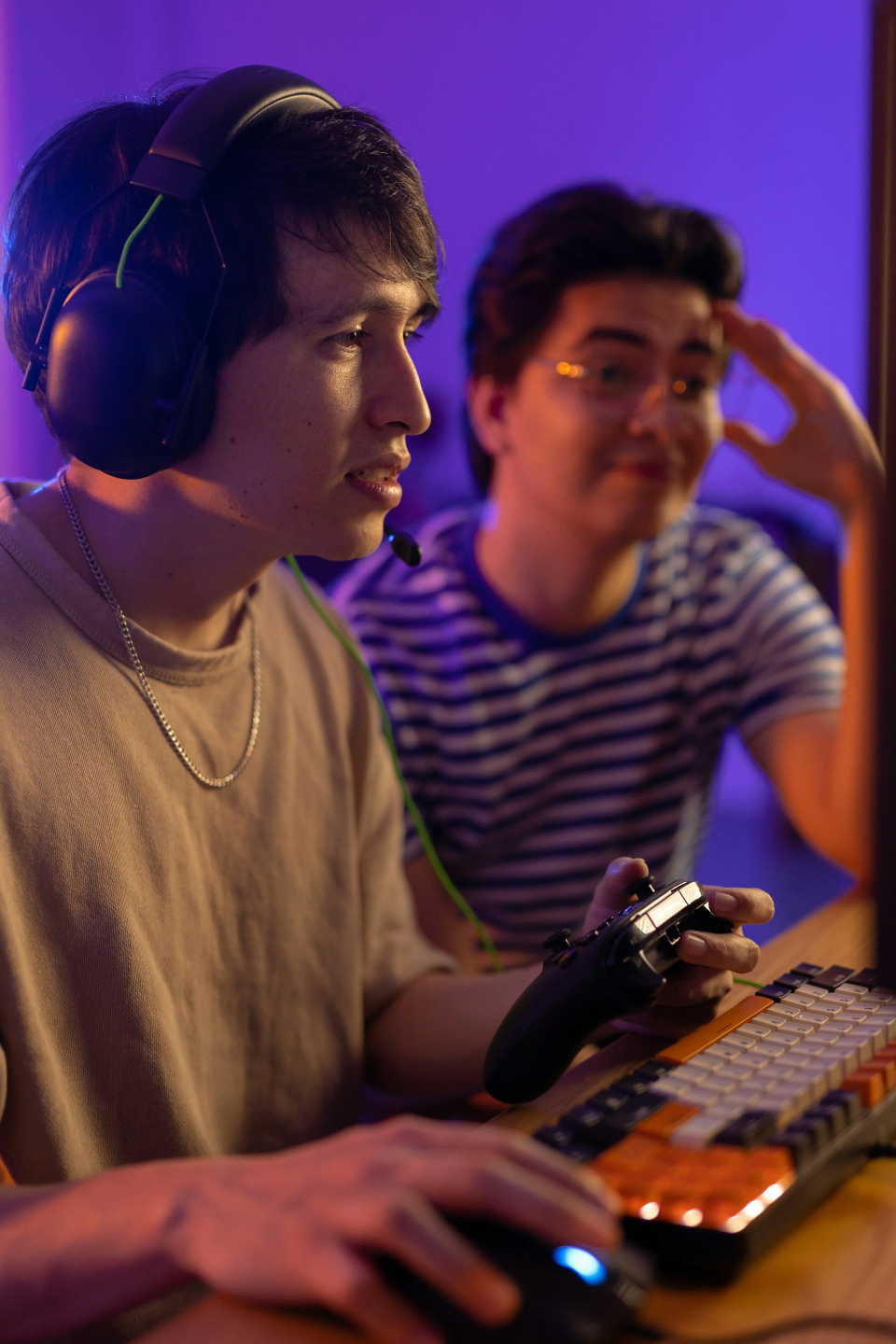
MODULE 3
WRITING FOR THE PLAYER
Discover how to invite the player into your story. Learn the behind-the-scenes tricks professional game writers use to build stories that respond to the player.
- 6 lessons
- 3 ase studies (Outer Wilds, Untitled Goose Game, Pentiment)
- 3 writing exercises
- 1 career exercise
By this point in the course, you'll be giving (and getting) feedback like a pro!
MODULE 4
HOW TO BRING STORY AND GAMEPLAY TOGETHER
Game writers don’t work in isolation. Discover how to successfully collaborate with a designer, so that you can ship a great game with a great story.
This module includes:
- 6 lessons
- 1 Case study (Celeste)
- 2 writing exercises
- 1 career exercise
- An introduction to Twine - every game writer's friend


MODULE 5
YOUR WRITING SAMPLES AND PORTFOLIO
- 3 lessons
- 2 career exercises
- 1 writing exercise
- Words of encouragement from Ira Glass
MODULE 6
HOW TO GET THE JOB YOU WANT
A successful job search puts you out of your comfort zone. You’ll need a new mindset to get through it. We're here to help.
This module includes:
- 7 lessons
- 2 writing exercises
- 1 career exercise - the most important one of the entire course!
And once you graduate, we'll invite you to join our exclusive, alumni-only TND Discord

What You'll Get
This isn't just a course - it's your ticket into the game writing community

A small, focused cohort
We limit each class to just thirty writers, with a dedicated TA for every group. You'll never get lost in the crowd or feel like just another student ID. It's how we make sure you feel seen and heard.

Weeekly live sessions with Susan
Ask Me Anything calls where we dig into the week's material, plus coworking sessions where you'll write together. This isn't a "watch videos alone" experience - it's class.
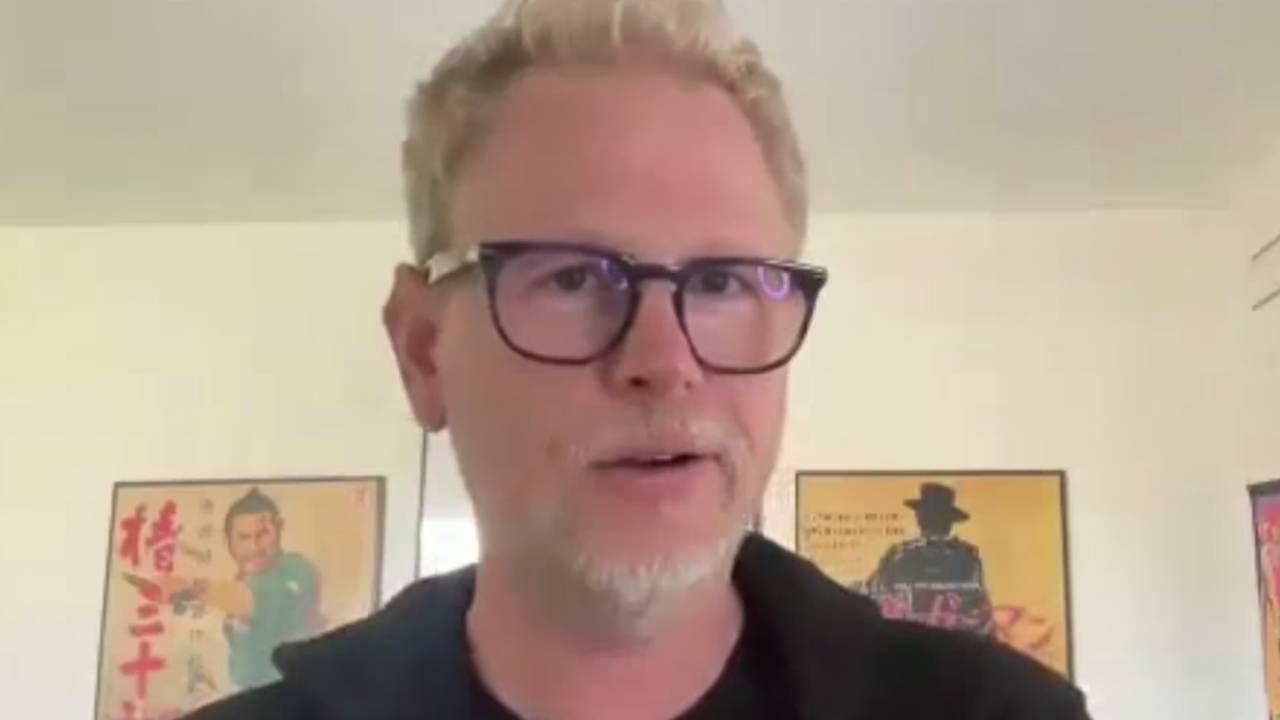
Writing feedback that actually helps
Every week, you'll share your work with fellow writers and get thoughtful feedback. You'll also review others' work, which makes you a stronger writer faster.

Exercises designed for your portfolio
Every assignment is something you can use to showcase your skills. By week 8, you'll have a portfolio that proves you understand game writing.
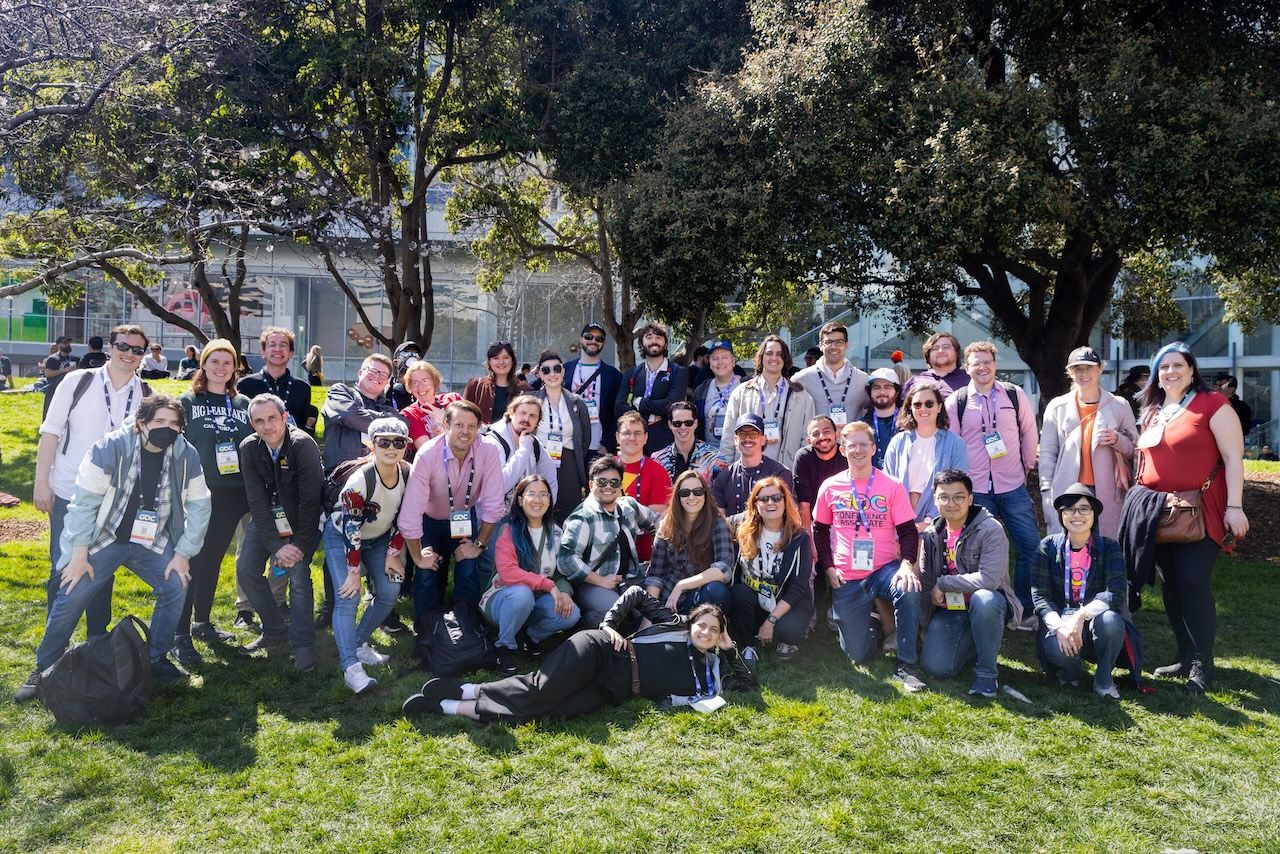
Your game writing community
The connections you make here last long after class ends. In our TND Discord, you'll find job tips, game collaborations, and even fantasy football leagues (!).

Lifetime access to everything
All the recorded lessons, frameworks, and resources become your personal game writing library. Come back whenever you need a refresher. We'll be here when you need it.
Most importantly:
You'll never feel alone in this again.
You'll have people who understand your goals, celebrate your progress, and cheer you on when you land that dream job.
This is how you stop being an outsider and start being part of a community.
AND IF YOU'RE READY FOR THE NEXT LEVEL:
Pro Tier: Mentorship from Working Game Writers
Accelerate your growth
with direct guidance from professionals
Our Pro Tier takes everything in the main masterclass and adds weekly mentorship from working writers - a different professional reviews your assignments each week.
Here's how it works:
Every week, you'll meet your assigned pro reader in a small Zoom group. They'll walk you through what they're looking for, then review your creative work and provide detailed feedback on your writing choices, story decisions, and how your material would work in an actual game.
You'll learn from writers who are working (or have worked) at:
Bungie
Dark Outlaw Games (internal PlayStation studio)
High Moon Studios
Lost Boys Interactive
Massive Entertainment
Netflix Games
Paragon Interactive
Romero Games
Why this matters:
Every professional has a different perspective on story, character, and collaboration. Learning to incorporate feedback from multiple industry voices prepares you for the real-world experience of working with different narrative directors, producers, and team leads.
This isn't just feedback - it's professional training from the people doing this work every day.
Spots are extremely limited. Each pro reader can only review 3 writers per week, and we have a small team of professional mentors. When Pro Tier fills up, it's closed until our next session.


YOU'RE IN EXPERT HANDS
I'm Susan O'Connor, and I've spent over 20 years writing for games - from my first project (a "slumber party game for girls!") to critically acclaimed franchises like BioShock, Far Cry, and Tomb Raider. My portfolio includes 25+ titles that have sold over 30 million copies.
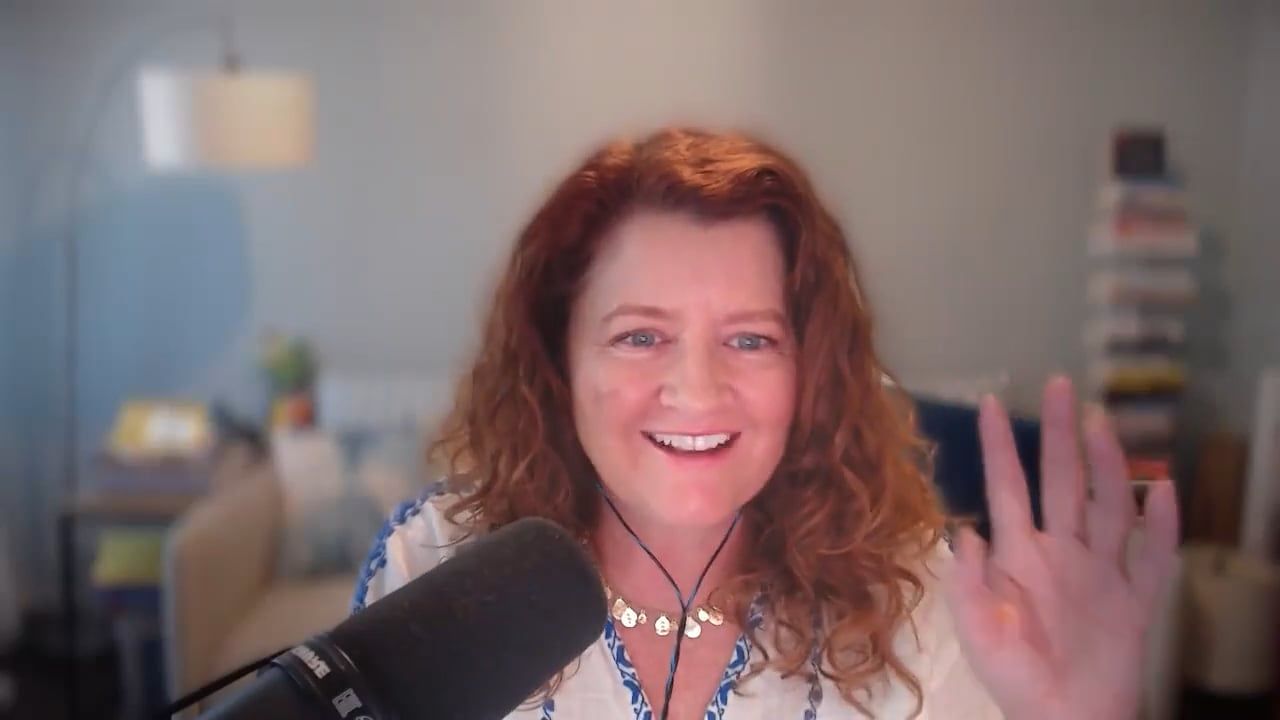
But here's what matters more than my credits: I've been exactly where you are. I've struggled with imposter syndrome, made expensive mistakes, and felt lost trying to figure out this industry. I learned the hard way so you don't have to.
These days, I work with studios and publishers as a story consultant - which means I see exactly what they're looking for when they hire writers. I know what skills matter, what mistakes to avoid, and how the hiring process really works.
That's the knowledge I'm sharing with you.
I founded GDC's Game Narrative Summit because I believe in lifting up other writers. The Narrative Department is my way of making sure no writer has to figure this out alone.
See you in 2026.


